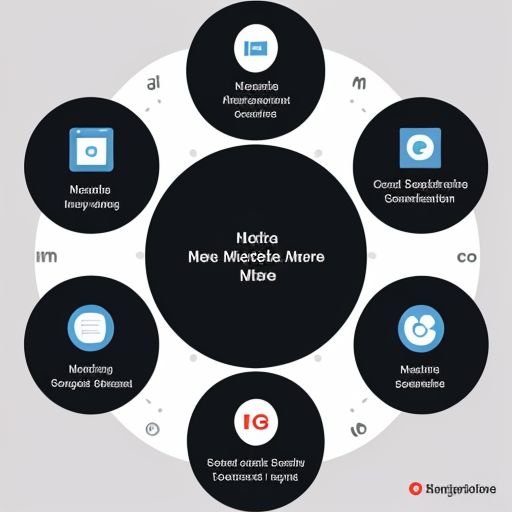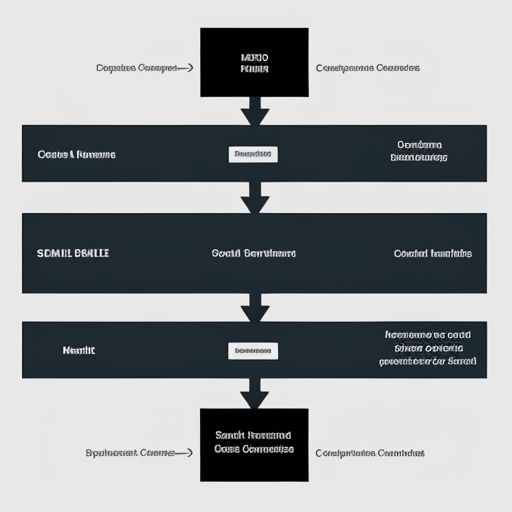Imagine selling a lucrative investment property and reinvesting the profits into a new venture without paying a hefty tax bill. Sounds enticing, right? That’s the magic of a 1031 exchange, a powerful tool for savvy investors to defer capital gains taxes. But what happens when the property in question lies beyond U.S. borders?
This article delves into the intricacies of 1031 exchanges, specifically focusing on foreign property and the rules governing such transactions. We’ll explore whether it’s possible to leverage this tax-deferral strategy for international real estate investments.
Understanding 1031 Exchanges: A Refresher
Before diving into the specifics of foreign property, let’s recap the basics of a 1031 exchange, also known as a “like-kind” exchange. This Internal Revenue Code Section 1031 provision allows investors to swap certain types of property without triggering immediate capital gains taxes.
Here’s how it works:
- Relinquished Property: You sell an investment property (the “relinquished property”) and identify a replacement property within 45 days.
- Like-Kind Property: The replacement property must be of “like-kind” to the relinquished property, meaning both properties fall under the broad category of real estate held for investment or business purposes.
- Timeframe: You have 180 days from the sale of the relinquished property to acquire the replacement property.
- Qualified Intermediary: A crucial aspect is the involvement of a qualified intermediary (QI) who facilitates the exchange, holds the proceeds from the sale, and ensures compliance with IRS regulations.
By adhering to these guidelines, investors can defer paying capital gains taxes, allowing their investment to grow tax-deferred until they eventually sell the replacement property.
Foreign Property and 1031 Exchanges: The Catch
While the concept of a 1031 exchange is appealing, its application to foreign property is unfortunately non-existent. The IRS clearly states that Section 1031 does not apply to foreign real estate.
This means:
- No Tax Deferral: If you sell a property located outside the United States and attempt to reinvest the proceeds into another property, regardless of its location, you’ll be subject to capital gains taxes on the sale of the foreign property.
- Location Matters: The IRS’s stance emphasizes that both the relinquished and replacement properties must be situated within the U.S. to qualify for a 1031 exchange.
Why the Restriction?
The rationale behind this restriction lies in the IRS’s jurisdiction. As a U.S. tax code provision, Section 1031 primarily governs domestic transactions. Extending this benefit to foreign properties would create complexities in monitoring compliance and enforcing tax collection on properties beyond U.S. borders.
Alternatives for Foreign Real Estate Investors
While a 1031 exchange isn’t an option for foreign property, there are alternative strategies investors can explore to potentially minimize their tax liabilities. It’s essential to consult with a qualified tax advisor to determine the best approach for your specific situation. Some possibilities include:
- Treaty Provisions: Some tax treaties between the U.S. and other countries might offer tax advantages for real estate investments. Researching these treaties or consulting a tax professional specializing in international taxation is advisable.
- Foreign Tax Credits: If you’ve paid taxes on your foreign property sale to the foreign government, you might be eligible for foreign tax credits on your U.S. tax return, potentially offsetting some of your tax liability.
- Structuring the Investment: Depending on your circumstances, structuring your foreign real estate investment through a foreign corporation or other legal entity might offer tax benefits. However, this is a complex area requiring expert advice.
Conclusion
Navigating the world of international real estate investments involves understanding the tax implications, which can differ significantly from domestic transactions. While a 1031 exchange offers an attractive tax deferral strategy for U.S.-based properties, it’s not applicable to foreign real estate.
Thorough research, expert advice, and careful planning are crucial when venturing into foreign real estate to ensure you’re making informed decisions that align with your investment goals and tax optimization strategies.
Do you have any experiences or questions about investing in foreign real estate? Share your thoughts and comments below!







